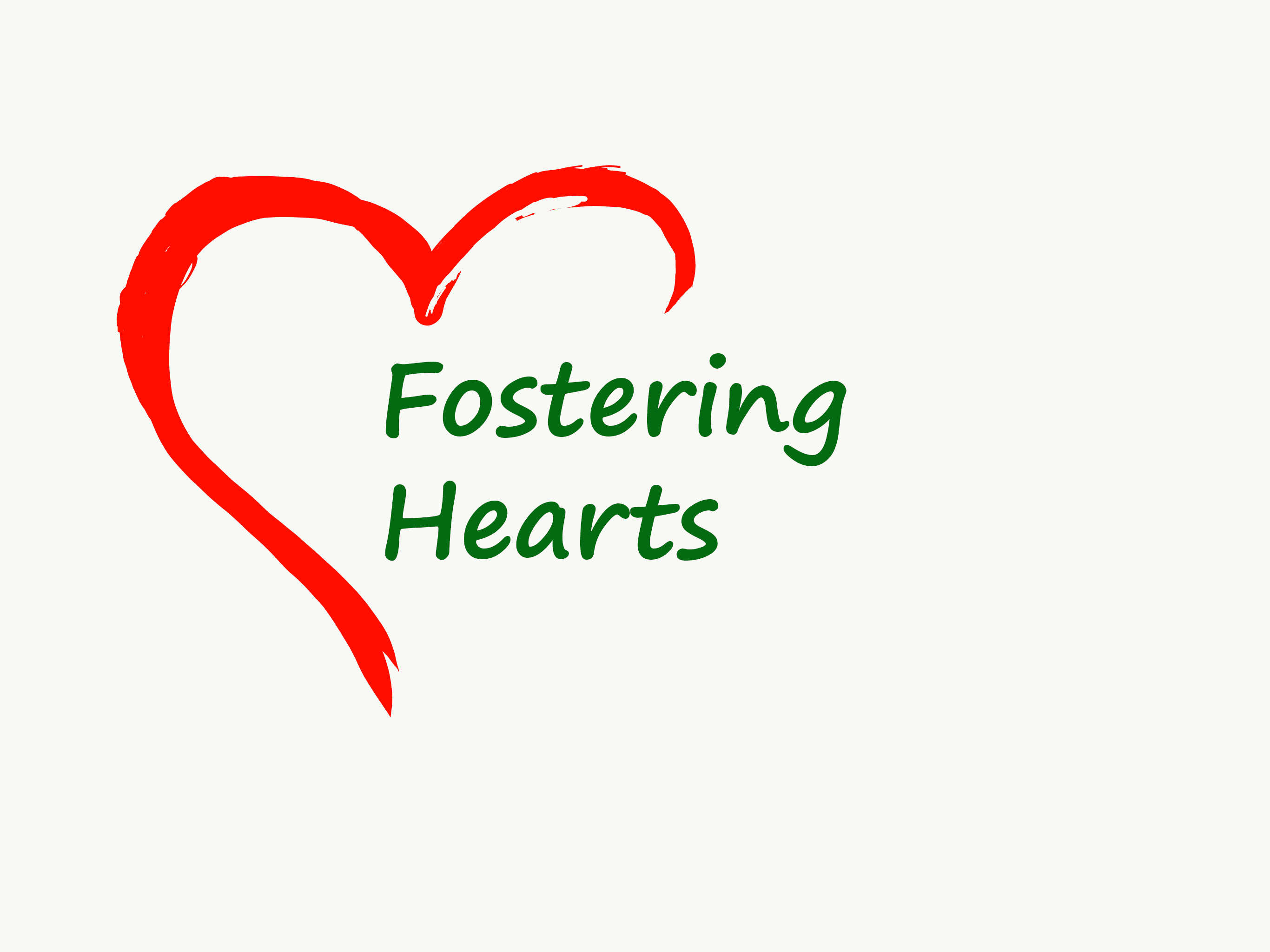Fostering is an incredibly rewarding experience – you can make a real difference in the lives of children and young people in need of a secure, safe, and loving home. Whether you’re retired or still working, you can offer foster care to children and young people who require additional support. In this blog post we will explore the advantages of being a retired foster carer and outline some of the physical and emotional needs that children in care have.
What is Fostering?
Fostering provides a temporary home for children who cannot live with their birth families. The role of a foster carer is to provide stability, safety, love, encouragement, and guidance to the child or young person placed in their care. They are also responsible for managing behaviour and providing help with daily activities such as school homework and chores around the house. Foster carers must be over 21 years old, possess good communication skills, have adequate living space (including space for any siblings), and be emotionally stable.
Overview of Foster Carers
Foster carers come from all walks of life – they can be single or married; employed or unemployed; working or retired; living alone or with family members. It doesn’t matter what race or religion you are either – all that matters is that you have an open mind, a kind heart, patience, understanding and energy to spare for the child or young person placed into your care. Advantages of Retired People as Foster Carers
Foster carers play an incredibly important role in the lives of children in need, and it is a gift that anyone may be able to give. That includes even retired people! Fostering Hearts makes sure that the dream of foster caring can become a reality for anyone, regardless of age – there is no upper age limit! This means that anyone who wishes to provide a safe, loving home for children in need can do so even if they have already left the workforce. If you have time, energy, and love to offer – don’t be afraid to take the plunge and make an inquiry on Fostering Hearts’ website. You may find a new sense of purpose in providing a home environment full of safety, comfort, and acceptance.
Retirees often make great foster parents because they tend to have more time available than those who work full-time jobs. This means they can dedicate their attention to meeting the physical and emotional needs of the child without having to worry about juggling childcare with other commitments such as work or college classes. Retirees also tend to have more financial security which can help them provide extra activities for the child in their care such as educational trips or outings to special events.
Physical and Emotional Needs of Children in Care
The physical needs of children in foster care vary depending on age but generally include providing them with appropriate food; clothing; shelter; health insurance; regular medical check-ups; dental visits; access to education; recreational opportunities; transportation when necessary; access to mental health services if required etc. In addition to these physical needs it’s also important for foster families to meet the emotional needs of their charges by providing stability through consistent routines; offering praise when earned; engaging positively during interactions (even during difficult situations); listening non-judgmentally when needed etc.
The Importance of Meeting These Needs
It’s essential that these physical and emotional needs are met not only so that children feel secure but also so that they have an opportunity to thrive regardless of their background or situation before entering foster care. Health Considerations for Retired Foster Carers. It’s important for retirees considering becoming foster parents to consider their own health before taking on this responsibility – not only do they need enough energy and enthusiasm to keep up with an active child but they should also be physically capable enough should any emergencies arise while caring for said child/young person e.g., if they were injured at home etc.
Flexibility Required for Retired Foster Carers
Flexibility is key when it comes being a successful retiree foster parent – fostering isn’t just 8am-5pm job! Foster parents should expect occasional calls throughout the day/weekends/evenings should any issues crop up regarding the child/young person in their charge e.g., if there was an issue at school etc.. Additionally foster parents may be asked by local authorities (or even court orders) if they could take said child/young person on holiday abroad or attend certain school events etc.
Retiring can be a time of reflection and change for people, which can also be rewarding. One of the many ways retired individuals can give back to their communities is by becoming foster parents. By having more time on their hands, retirees often provide a more consistent, nurturing environment for children in need of care, compared to those who must juggle childcare with a job or other obligations. Fostering Hearts is a website that provides valuable information regarding age requirements and other required steps to become a foster parent. If you are considering it as an option, make sure you talk to us.
Conclusion – Contact Fostering Hearts Today if you think you would like become a retiree foster parent. then contact your local fostering agency today! You never know – you might just find yourself making a huge difference in someone else’s life!
